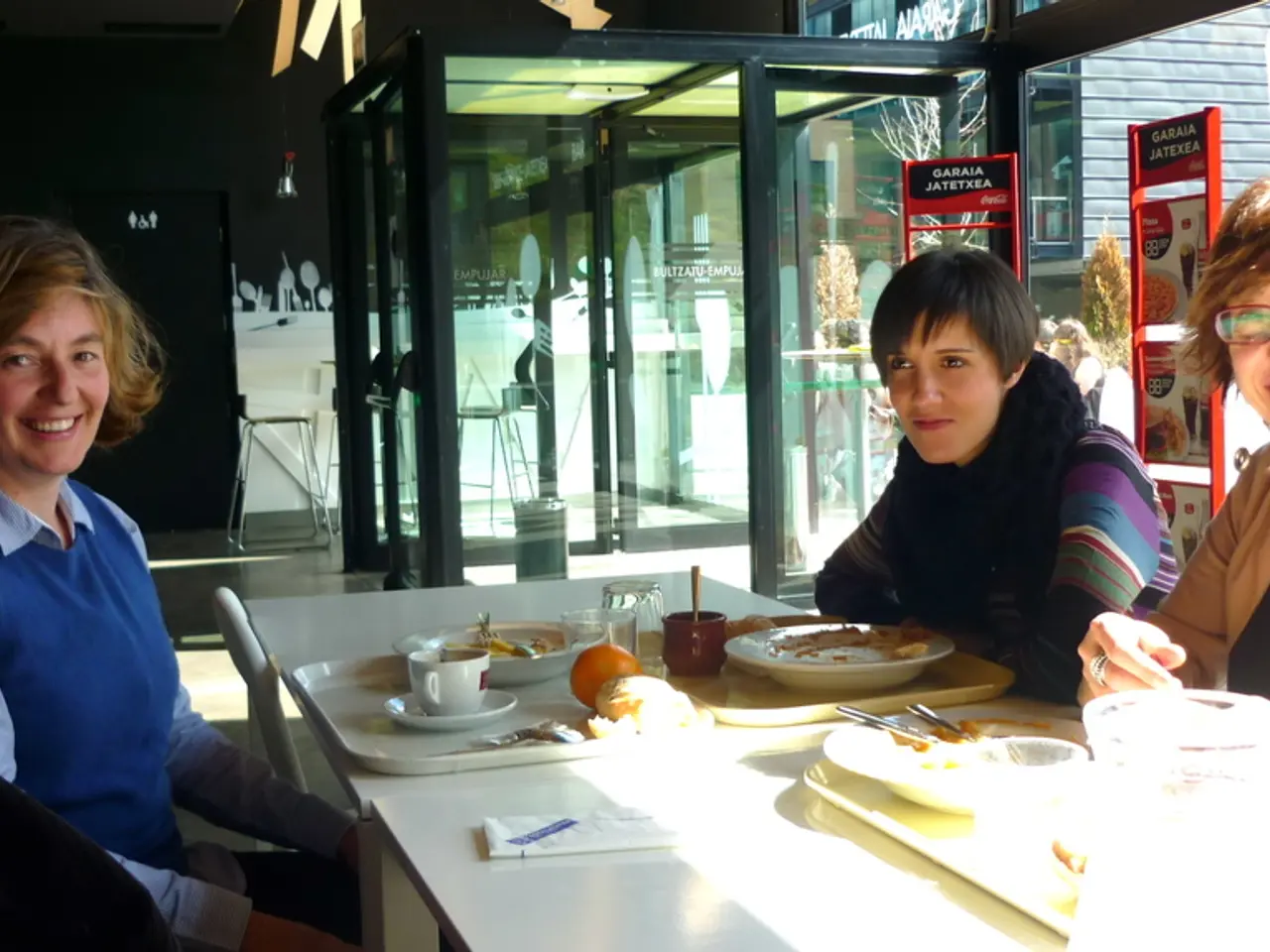Criticism Rises Over Prohibition of Lodging Establishments by Tourism Organisation
German Tourism Association Calls for Financial Aid Tailored to Accommodation Providers
Amid the ongoing COVID-19 pandemic, the German Tourism Association (DTV) has voiced its concern over the accommodation bans imposed by several federal states. The DTV's deputy CEO, Dirk Dunkelberg, has criticized the lack of uniformity in the regulations, describing them as a patchwork rather than a cohesive set of rules.
Mr. Dunkelberg stated that the financial aid from politics should be tailored to the tourism industry and targeted at the actors most affected by the accommodation bans. He expressed particular concern about the shifting of responsibility for enforcement to businesses, finding it confusing and potentially burdensome for hoteliers and vacation rental owners.
The DTV argues that a ban on accommodation cannot satisfy the industry, which is particularly and dramatically affected by the pandemic. Mr. Dunkelberg further stated that such bans cause severe economic disruption to the tourism and hospitality sectors, which rely heavily on guest accommodation revenue.
In light of these challenges, the DTV is calling for comprehensive financial support measures to compensate the industry for the losses caused by these bans. This includes calls for targeted compensation payments and economic assistance programs to ensure the survival of tourism businesses amid ongoing pandemic restrictions.
The DTV's calls for financial aid come as German COVID-19 management has shifted toward using hospitalization incidence as a key metric for imposing restrictions, such as the "2G" and "2G+" access rules and contact limitations. However, the accommodation bans have been seen as especially harmful by the tourism industry because they effectively prevent leisure travel and overnight stays, potentially leading to business closures and job losses.
The DTV emphasizes the need for the federal and state governments to provide financial relief to offset these impacts, encouraging tailored aid packages specific to accommodation providers affected by the bans. Mr. Dunkelberg also criticized the current situation, where hoteliers and vacation rental owners now have to check the rules, which he finds confusing and burdensome.
In conclusion, the German Tourism Association is urging the government to provide targeted financial aid to the tourism and hospitality sectors, which have been hit hard by the pandemic and the resulting accommodation bans. The DTV argues that such aid is necessary to ensure the survival of businesses and the preservation of jobs in the industry.
Other lifestyle choices, such as travel, might be encouraged to revive the tourism industry once the crisis subsides, following the German Tourism Association's calls for targeted financial aid tailored to accommodation providers. Such aid could help establish a uniform set of rules to alleviate the burden on hoteliers and vacation rental owners, promoting a restoration of the tourism and hospitality sectors.




